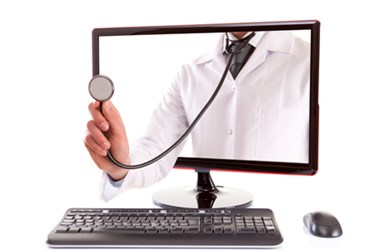Acquisition Expected To Bolster Telepharmacy Presence

By Christine Kern, contributing writer

PipelineRx says its acquisition represents the centrality of its mission of improving patient care and reducing hospital costs.
In an acquisition that represents a commitment to meeting the growing demand for top of the line clinical telepharmacy services, PipelineRx announced the successful acquisition of Quality Pharmacy Management (QPM) Inc., a Denver-based company which provides remote pharmacy services in six Western states, according to a press release.
The move is an effort by PiplineRx to expand its hospital pharmacy outsourcing tools and reduce overall down costs. According to the release, the addition of QPM strengthens PipelineRx’s existing presence in Colorado, Utah, Oregon, Wyoming, and Alaska by combining evolving technology with high quality pharmacy care. It will also bring on board a team of expert telepharmacists who will support the company’s mission of improving clinical care of patients while reducing operating costs for hospitals.
“We are thrilled to announce this acquisition and the additions of the QPM management and telepharmacists to our team, allowing PipelineRx to advance the business of technology leveraged telepharmacy solutions,” Brian J. Roberts, CEO of PipelineRx, said in the release.
Global Markets for Telemedicine Technologies, a BCC Research report, estimates the global market for telemedicine technology will grow to $43 billion by 2019. PipelineRx is looking to capture piece of that market, and earlier this fall introduced a Telepharmacy Information system Platform to help hospitals improve their pharmacy clinical workflow. More than 30 hospitals have adopted its SaaS approach, while more than 200 hospitals of various sizes have used the company’s pharmacists.
Pipeline RX was started four years ago by CEO Brian Roberts, who told MedCity News the concept was inspired by teleradiology, which electronically transmits medical images like CT scans to experts who can analyze and share ideas from thousands of miles away.
“We figured we could do the same with pharmacies because of the technology and create an environment and monitor prescriptions in the hospital and allocate it to home pharmacists,” Roberts said, adding that it can both trim costs while ensuring adequate monitoring for patient safety.
